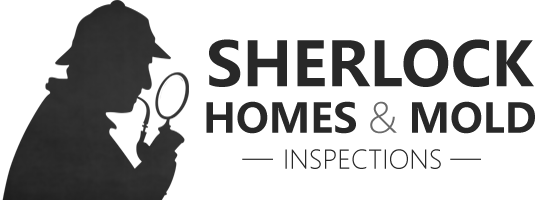
Mold is a type of microscopic fungi that thrives in moist conditions and grows on any organic material including wood, paper and fibers. Colonies of mold can cover a large area and are usually black, white, grey, brown or green. Not only does mold damage the surfaces it grows on, it can also cause serious health problems. Depending on your sensitivity to mold and the extent of the mold growth, it could be a good idea to move out of your apartment if mold is present.
Health Effects Of Mold
Individuals with allergies or asthma are most at risk for developing symptoms associated with mold exposure. Such symptoms include coughing, runny nose, itchy eyes and skin and difficulty breathing. More severe effects include flu-like symptoms, respiratory dysfunction, nose bleeds, diarrhea, and headaches. Inhalation of mold spores released into the air cause most of the ailments from mold. Other compounds released by active mold, including mycotoxins, may causer some of the most severe effects and are the subject of further research.
Mold In Your Apartment
The first thing you must do when discovering mold in your apartment is notify your landlord. Nearly every state requires landlords to promptly clean up and eliminate mold as soon as they are notified at their own expense. However, your landlord may attempt to hold you liable if you fail to notify him of the appearance of mold, leaks, or water accumulation in a timely manner.
If your landlord fails to clean up the mold upon notification and you experience ill health as a result, you have a case to seek damages against your landlord. Be certain to keep detailed records of all of your health problems and communications with your landlord to support your case.
Staying Put
In a situation in which the mold growth poses a risk to human health and safety, states such as Virginia and many others allow a landlord to relocate a tenant to another habitable unit or a hotel room for up to 30 days while the landlord remediates the mold in accordance with professional standards.
If the landlord can remedy the mold growth in your apartment in a reasonable amount of time, you will continue to be bound by your lease agreement.
Moving Out
If you have notified your landlord of mold and he has failed to live up to his responsibilities to clean it up, you likely have grounds to break your lease and move out. Exact procedures vary by state, so be certain that you have fulfilled all of the tenant responsibilities where you live before taking such action.
In California, residential leases have an implied warranty of habitability. This requires landlords to repair any defects that make an apartment uninhabitable, except for those that are caused by tenants directly. If the presence of mold affects the livability of the apartment and the health and safety of the tenants, the landlord is in violation of this warranty and the tenant should move out.
Breaking your lease should be a last resort, but if your health is at risk it may be necessary. Even if you feel that your landlord is responsible and you have documentation to back your claim, your landlord may still decide to take you to court to recover any rent still due under your lease.

Recent Comments